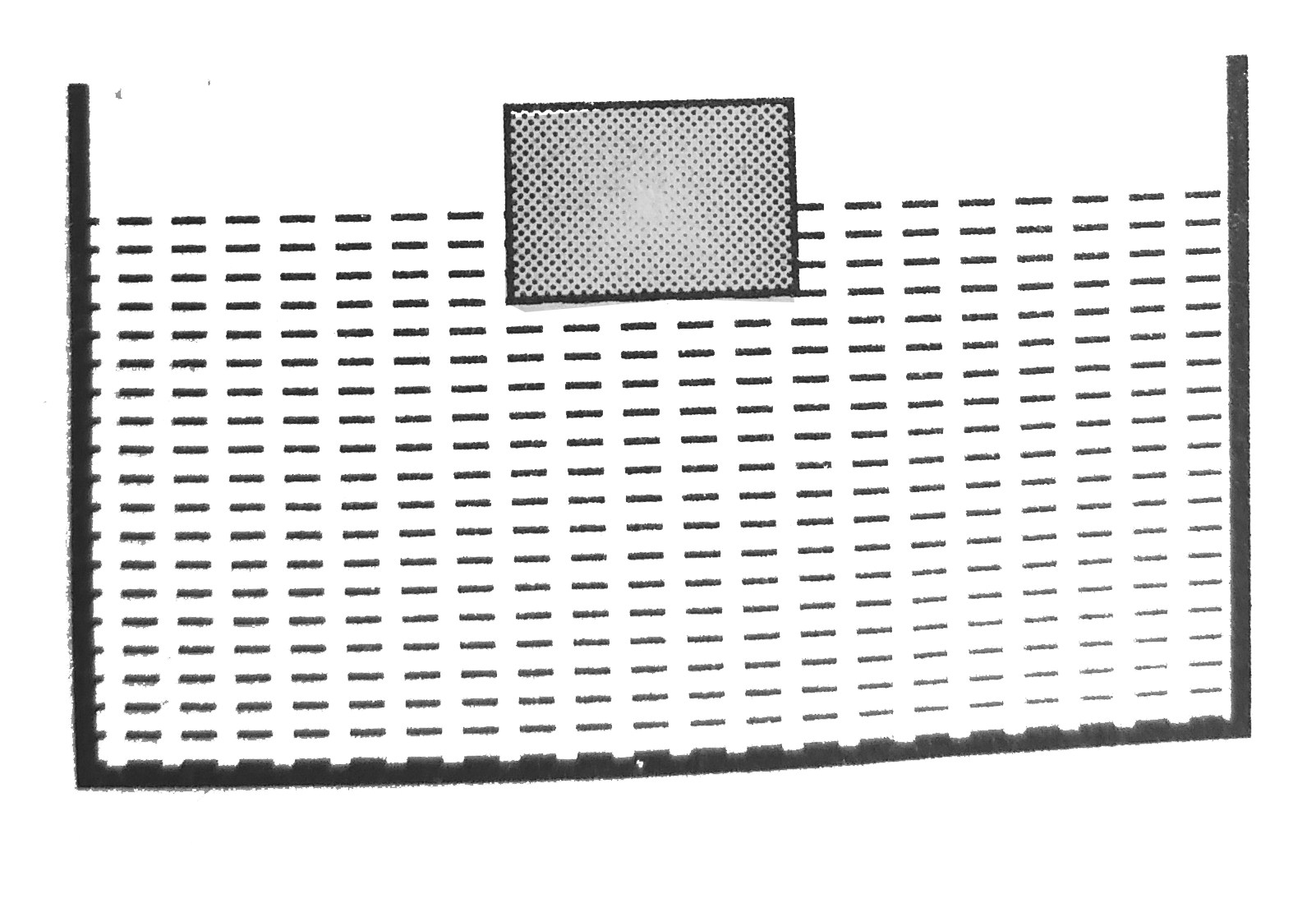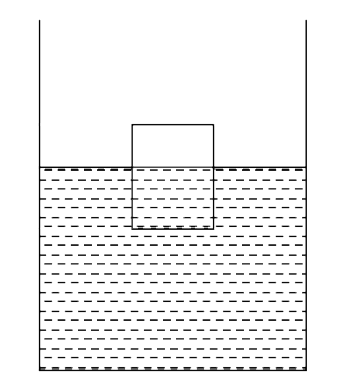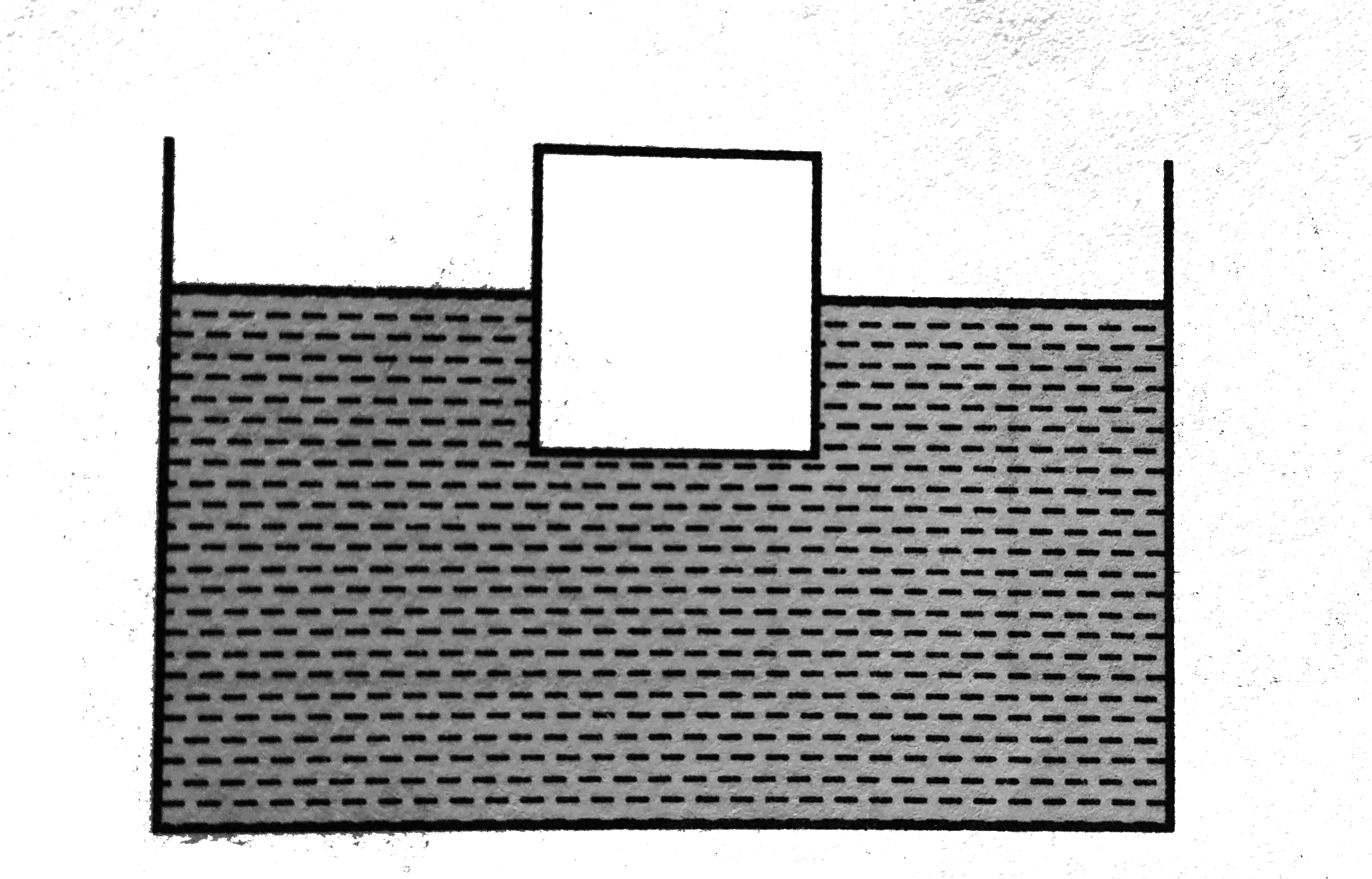A cubical block is floating in a liquid with half of its volume immersed in the liquid.When the whole system accelerates upward with a net acceleration of g/2 the fraction of volume immersed in the liquid will become
Step by step video & image solution for A cubical block is floating in a liquid with half of its volume immersed in the liquid.When the whole system accelerates upward with a net acceleration of g/2 the fraction of volume immersed in the liquid will become by Physics experts to help you in doubts & scoring excellent marks in Class 11 exams.
Updated on:21/07/2023Similar Questions
A cubical block is floating in a liquid with half of its volume immersed in the liquid. When the whole system acelerates upwards with a net acceleration of g/3. The fraction of volume immersed in the liquid will be 3x Find x.
View SolutionA non-conductiong body floats in a liquid at 25∘C with 1/3 of its volume immersed in the liquid. When liquid temperature is increased to 105∘C, 1/2 of body's volume is immersed is the liquid. Then, find the coefficient of real expansion of the liqquid (neglecting the expansion of container of the liquid) .
View Solution
Knowledge Check
A cubical block is floating in a liquid with half of its volume immersed in the liquid. When the whole system accelerates upwards with a net acceleration of g/4, the fraction of volume immersed in the liquid will be
A12B14C34D38A cubical block is floating in a liquid with half of its volume immersed in the liquid. When the whole system accelerates upwards with acceleration of g/3, the fraction of volume immersed in the liquid will be
 A12B38C23D34
A12B38C23D34A cubical block is floating in a liquid with one fourth o its volume immersed in the liquid. If whole of the system accelerates upward with acceleration g/4, the fraction of volume immersed in the liquid will be :-
A1/4B1/2C3/4D2/3
A beaker contains a liquid of volume V0. A solid block of volume V floats in the liquid with 90% of its volume submerged in the liquid. The whole system is heated to raise its temperature by Δθ. It is observed that the height of liquid in the beaker does not change and the solid in now floating with its entire volume submerged. Calculate Δθ. It is given that coefficient of volume expansion of the solid and the glass (beaker) are γs and γg respectively.

View SolutionA wooden block is floating in a liquid, 50% of its volume is inside the liquid when the vessel is stationary. Percentage of volume immersed when the vessel moves upwards with an acceleration a=g2 is
View SolutionA block of density ρ floats in a liquid with its one third volume immersed. The density of the liquid is
View SolutionA plank is floating in a liquid as shown, Fraction f of its volume is immersed. Choose the correct options

View SolutionA non-conducting body floats in a liquid at 20∘C. with 2/3 of its volume immersed in the liquid When liquid temperature is increased to 100∘C,3/4 of body volume is immersed in the liquid. Then the coefficient of real expansion of the liquid is... (neglecting the expansion of container of the liquid)
View Solution